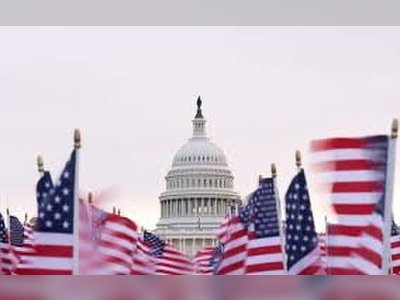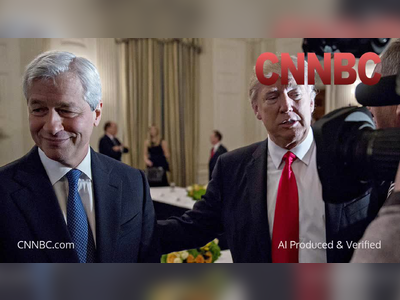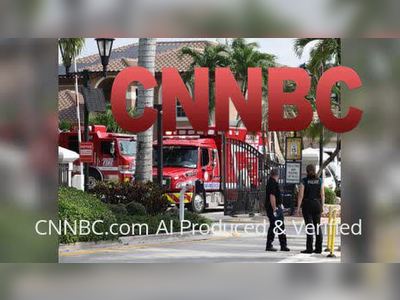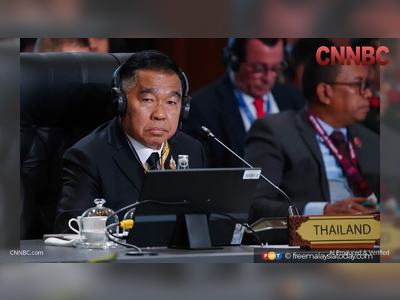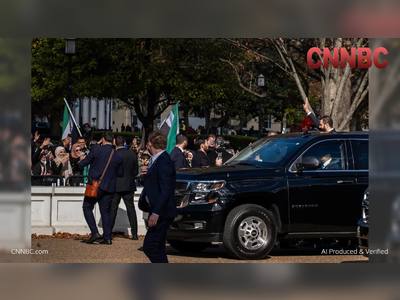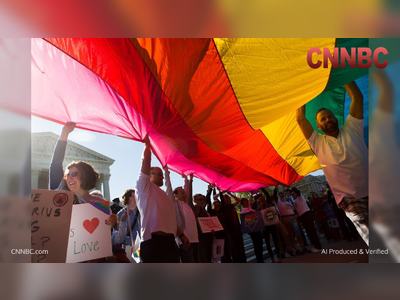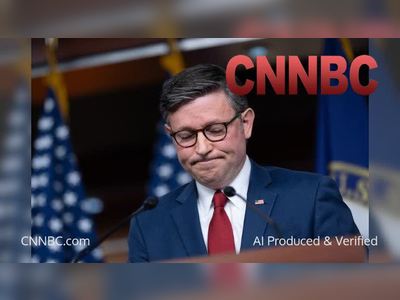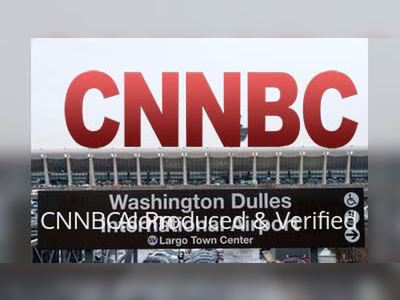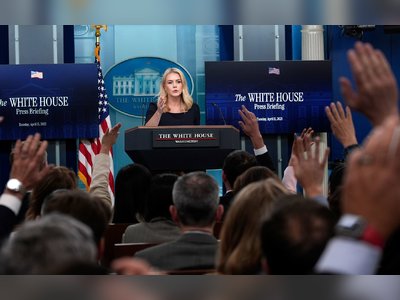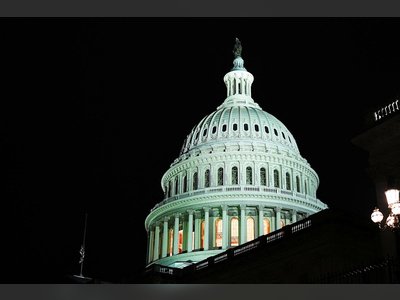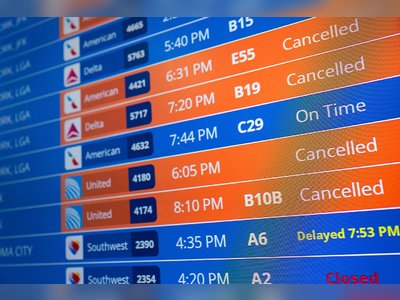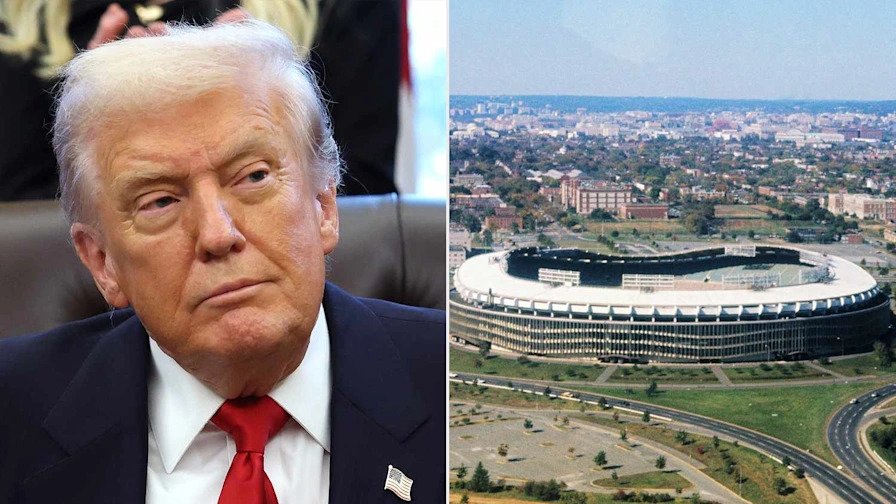
Trump Seeks to Name Washington Commanders’ New Stadium After Himself
White House backs the idea amid plans for the $3.7 billion D.C. venue for the NFL’s Washington Commanders
Former U.S. President Donald Trump has reportedly expressed his desire for the next home of the Washington Commanders to carry his name, according to multiple sources and media reports.
The franchise is set to build a new stadium on the former Robert F. Kennedy Memorial Stadium site in Washington, D.C., under a nearly US$4 billion public-private redevelopment arrangement.
The team’s ownership, led by Josh Harris, has not publicly commented on the proposal.
But the White House has called naming the venue after Trump “beautiful”, with the White House press secretary stating that Trump “made the rebuilding of the new stadium possible”.
The land on which the stadium will be built is federally transferred, with oversight by the National Park Service and the District of Columbia government, meaning the team alone cannot decide the name.
The team’s deal with the District gives the Commanders control of the naming rights, but given the federal land-use component and multi-level governance, any naming decision may invite scrutiny.
The stadium is scheduled to open in 2030, and the naming rights could reach nine-figure value.
Critics of the proposal argue that affixing an individual’s name—particularly a former president whose presidency and legacy remain vigorously debated—to a publicly financed stadium risks alienating fans and commercial partners.
Some commentators say the move could counter the team’s efforts under owner Harris to rebuild its reputation after years of difficulties under previous ownership.
Supporters of the idea, by contrast, view the naming as a recognition of Trump’s stated role in facilitating the land deal and redevelopment framework, and thus a fitting acknowledgement.
As the Washington Commanders prepare to return to the Capitol region, the naming decision looms as a symbolic and strategic moment for the franchise, raising questions about brand identity, community ties and the intersection of sport, politics and public infrastructure.
The franchise is set to build a new stadium on the former Robert F. Kennedy Memorial Stadium site in Washington, D.C., under a nearly US$4 billion public-private redevelopment arrangement.
The team’s ownership, led by Josh Harris, has not publicly commented on the proposal.
But the White House has called naming the venue after Trump “beautiful”, with the White House press secretary stating that Trump “made the rebuilding of the new stadium possible”.
The land on which the stadium will be built is federally transferred, with oversight by the National Park Service and the District of Columbia government, meaning the team alone cannot decide the name.
The team’s deal with the District gives the Commanders control of the naming rights, but given the federal land-use component and multi-level governance, any naming decision may invite scrutiny.
The stadium is scheduled to open in 2030, and the naming rights could reach nine-figure value.
Critics of the proposal argue that affixing an individual’s name—particularly a former president whose presidency and legacy remain vigorously debated—to a publicly financed stadium risks alienating fans and commercial partners.
Some commentators say the move could counter the team’s efforts under owner Harris to rebuild its reputation after years of difficulties under previous ownership.
Supporters of the idea, by contrast, view the naming as a recognition of Trump’s stated role in facilitating the land deal and redevelopment framework, and thus a fitting acknowledgement.
As the Washington Commanders prepare to return to the Capitol region, the naming decision looms as a symbolic and strategic moment for the franchise, raising questions about brand identity, community ties and the intersection of sport, politics and public infrastructure.

